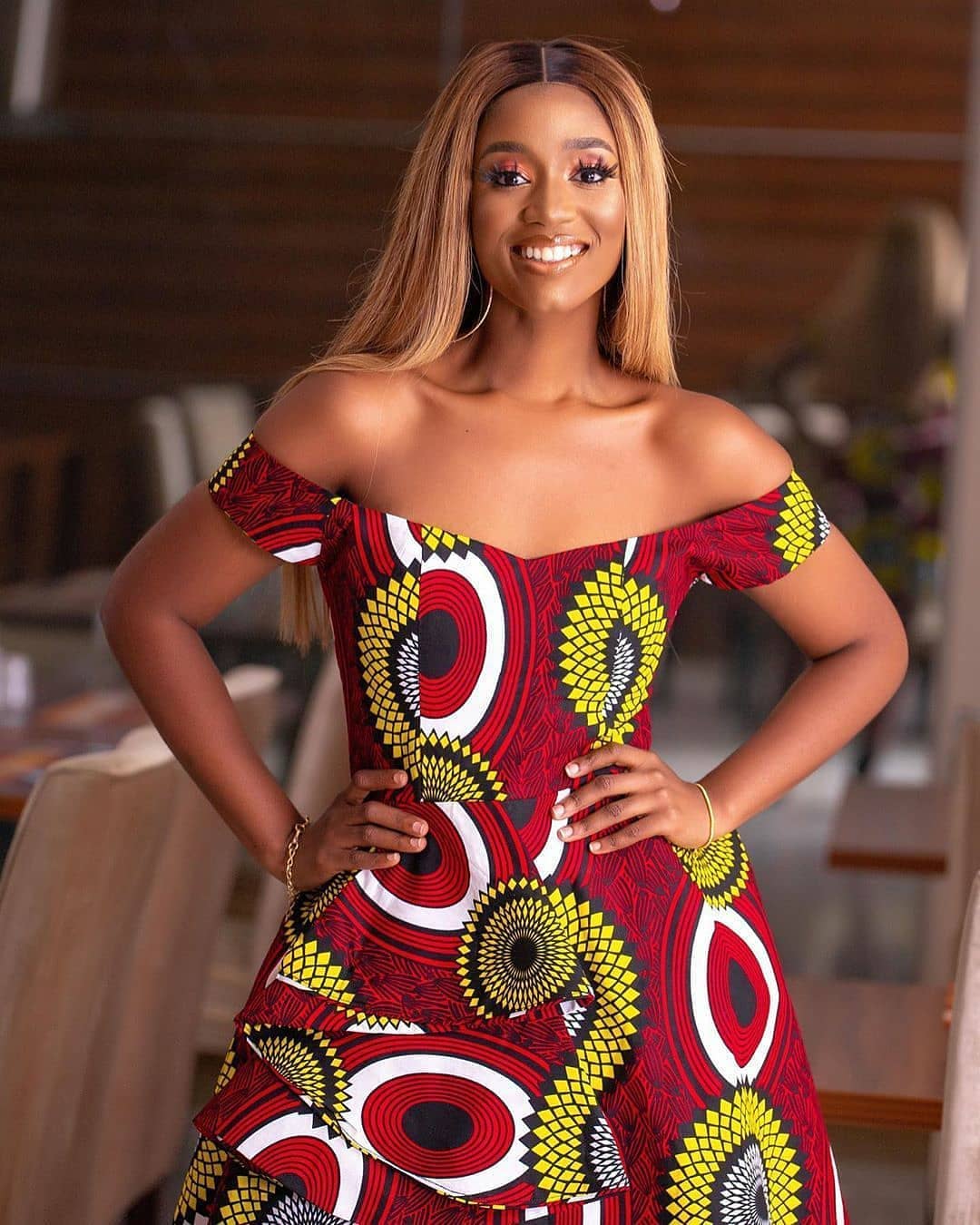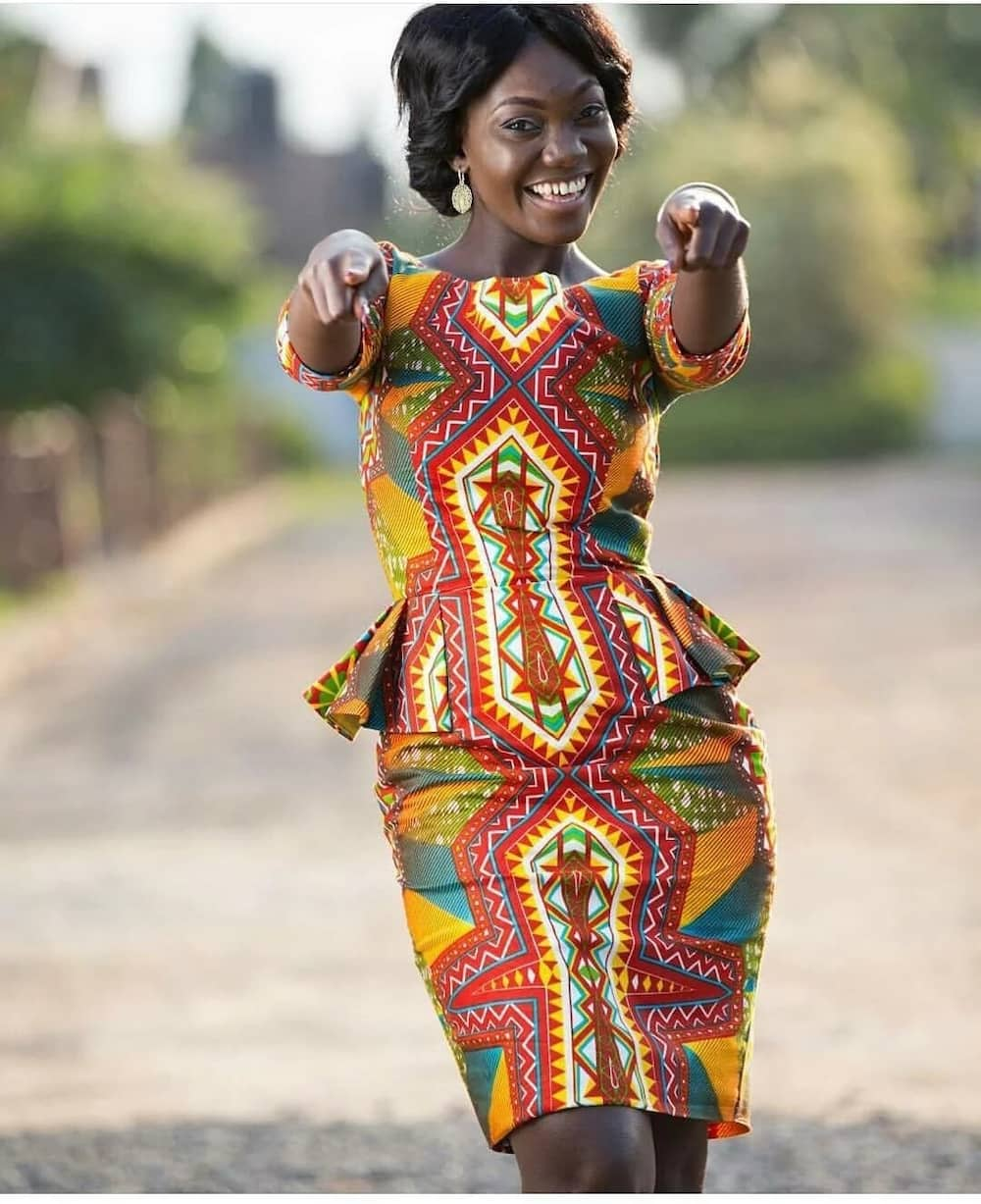A Journey Through African Attire Dress Designs
African attire dress designs are not just garments; they are vibrant expressions of culture, heritage, and identity. Each piece tells a story, weaving together the rich tapestry of Africa's diverse cultures and traditions. From the intricate beadwork of the Maasai to the flowing fabrics of the West African boubou, these designs reflect the unique artistic flair that each region brings to the table. As globalization continues to influence fashion trends, the appreciation for traditional African attire has surged, making it a popular choice for both special occasions and everyday wear.
In this exploration of African attire dress designs, we will delve into the various styles, patterns, and colors that define these stunning garments. By understanding the significance behind these designs, we can appreciate the artistry that goes into creating them. Whether you're looking to incorporate African-inspired pieces into your wardrobe or simply admire the craftsmanship, this article will provide insight into the world of African fashion.
As we navigate through the different styles, we will also answer some common questions about African attire dress designs. This journey will not only inform you but also inspire you to celebrate the beauty and diversity of African fashion. Join us as we unravel the threads that connect culture, identity, and artistry in the realm of African attire.
- Who Is Khloes Father
- Michael Jordan Disapproves Of Larsa Pippen
- Good Lightweight Vacuum Cleaners
- 20th Of January Star Sign
- What Ethnicity Is Vanessa Bryant
What Are the Key Features of African Attire Dress Designs?
African attire dress designs are characterized by their vibrant colors, unique patterns, and intricate details. Some key features include:
- Bold Colors: Bright and lively colors are a hallmark of African fashion, often symbolizing various cultural meanings.
- Unique Fabrics: Traditional fabrics like Kente cloth, Ankara, and Mud cloth are commonly used.
- Intricate Patterns: Patterns often carry significant meanings and are used to tell stories.
- Layering: Many designs incorporate layering techniques to create depth and texture.
How Do Cultural Influences Shape African Attire Dress Designs?
Cultural influences play a significant role in shaping African attire dress designs. Each region has its own traditional garments that reflect its history, beliefs, and customs. For example, the Zulu people of South Africa are known for their beaded necklaces and colorful skirts, while the West African region is famous for the boubou, a flowing robe that symbolizes elegance and status. These influences are essential in preserving cultural heritage and showcasing the unique identity of each community.
What Types of Fabrics Are Commonly Used in African Attire Dress Designs?
There are several types of fabrics that are commonly used in African attire dress designs, each with its own significance:
- What Happened In The Roswell Incident
- When Did Ava Wood Die
- Large Cat Litter Box
- Whats Wrong With Ozzy
- That Is 70s Show
- Ankara: A vibrant, printed cotton fabric that is widely popular across West Africa.
- Kente Cloth: A handwoven fabric from Ghana, often used in ceremonial garments.
- Adire: A traditional dyed fabric from Nigeria, known for its indigo patterns.
- Shweshwe: A printed fabric originating from South Africa, often used in dresses and skirts.
Can You Name Popular African Attire Dress Designs?
There are numerous popular African attire dress designs that have gained recognition both locally and internationally. Some notable designs include:
- Boubou: A flowing robe typically worn in West Africa, often adorned with intricate embroidery.
- Kanga: A colorful, rectangular piece of cloth worn by women in East Africa, often with inspirational sayings.
- Kaftan: A loose-fitting garment that is popular across Africa, known for its versatility.
- Dashiki: A colorful garment worn by men and women, characterized by its loose fit and elaborate designs.
How to Style African Attire Dress Designs for Different Occasions?
Styling African attire dress designs can be done in various ways to suit different occasions. Here are some tips:
- Casual Wear: Pair a colorful Ankara top with jeans or shorts for a casual yet stylish look.
- Formal Events: Opt for a boubou or an elegant dress made from Kente cloth for weddings or ceremonies.
- Work Attire: Choose a tailored dashiki shirt paired with trousers for a professional appearance.
- Festivals: Embrace bold patterns and vibrant colors to stand out in cultural festivals.
What Accessories Complement African Attire Dress Designs?
Accessories play a vital role in enhancing African attire dress designs. Here are some accessories that complement these outfits:
- Beaded Necklaces: Often handmade, these add a touch of elegance.
- Headwraps: A traditional accessory that adds flair while showcasing cultural pride.
- Earrings: Large, statement earrings can elevate any outfit.
- Bracelets: Chunky bracelets or bangles can add a fun element to your look.
Who Are Some Influential Figures in African Fashion?
Several designers and celebrities have made a significant impact on the African fashion scene, helping to promote and celebrate African attire dress designs globally. One such figure is Ozwald Boateng.
| Name | Born | Nationality | Profession |
|---|---|---|---|
| Ozwald Boateng | February 28, 1967 | British/Ghanaian | Fashion Designer |
How Has Ozwald Boateng Influenced African Attire Dress Designs?
Ozwald Boateng is renowned for his innovative approach to African fashion, blending traditional African designs with contemporary tailoring techniques. Known for his vibrant use of color and bold patterns, Boateng has redefined the perception of African attire dress designs in the global fashion industry. His commitment to craftsmanship and quality has earned him recognition and accolades, making him a significant figure in promoting African fashion on international platforms.
What is the Future of African Attire Dress Designs?
The future of African attire dress designs looks promising, with a growing interest in sustainable fashion and ethical production practices. As more designers emerge, there is a shift towards incorporating traditional techniques while catering to modern tastes. By embracing innovation and creativity, African fashion is poised to take center stage on the global runway, celebrating its rich heritage while appealing to a diverse audience.
In conclusion, African attire dress designs are a celebration of culture, identity, and artistry. Their vibrant colors, intricate patterns, and unique fabrics tell stories that connect generations. As we continue to appreciate and promote these designs, we not only preserve our heritage but also inspire future generations to embrace their roots. Whether for everyday wear or special occasions, African attire will always hold a special place in the world of fashion.
Article Recommendations
- A Philly Special Christmas
- The Beatles Walking Across The Street
- The Monsters Eric And Lyle
- How Old Was Jennifer Gray In Dirty Dancing
- What Happened To The Stars Of Laguna Beach



Detail Author:
- Name : Florence Emard
- Username : mwaters
- Email : elza.feest@gmail.com
- Birthdate : 1999-11-02
- Address : 260 Hillary Valleys Suite 092 New Darrellfurt, OH 50922
- Phone : 325-575-7170
- Company : Casper-Bayer
- Job : Financial Manager
- Bio : Ut voluptatem voluptatem quod quis. Qui atque expedita molestiae non ut et. Debitis deleniti qui ut asperiores.
Socials
facebook:
- url : https://facebook.com/alicia6054
- username : alicia6054
- bio : Atque quae ut expedita aliquid autem est aut natus.
- followers : 2096
- following : 556
instagram:
- url : https://instagram.com/abeatty
- username : abeatty
- bio : Quae dicta et rem et illo. Iste qui quasi est non. Quis tempora rem aut delectus fugiat non qui.
- followers : 5947
- following : 1698
twitter:
- url : https://twitter.com/beattya
- username : beattya
- bio : At quidem sit iusto. Sit quod minima et dolores officiis.
- followers : 1771
- following : 2931